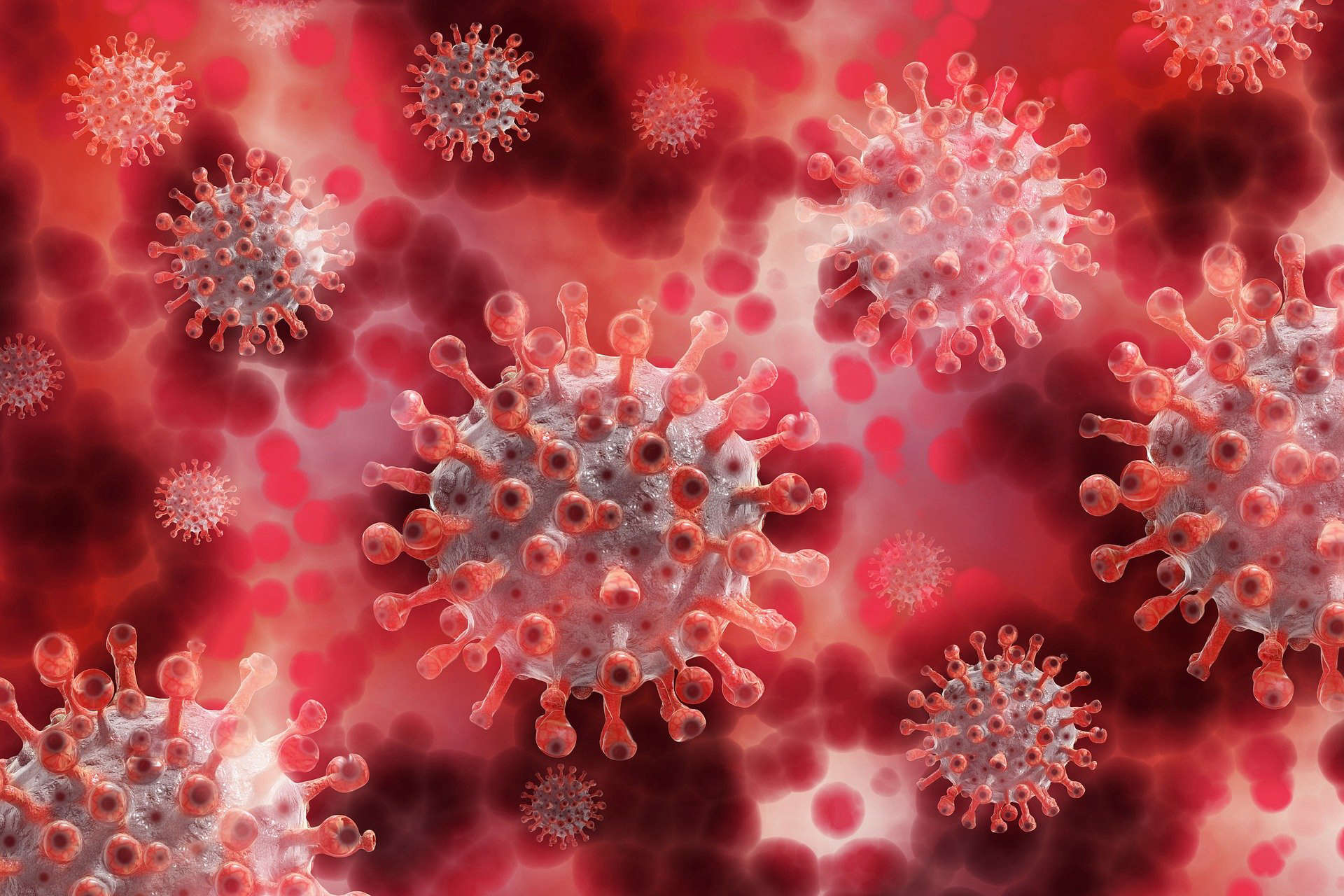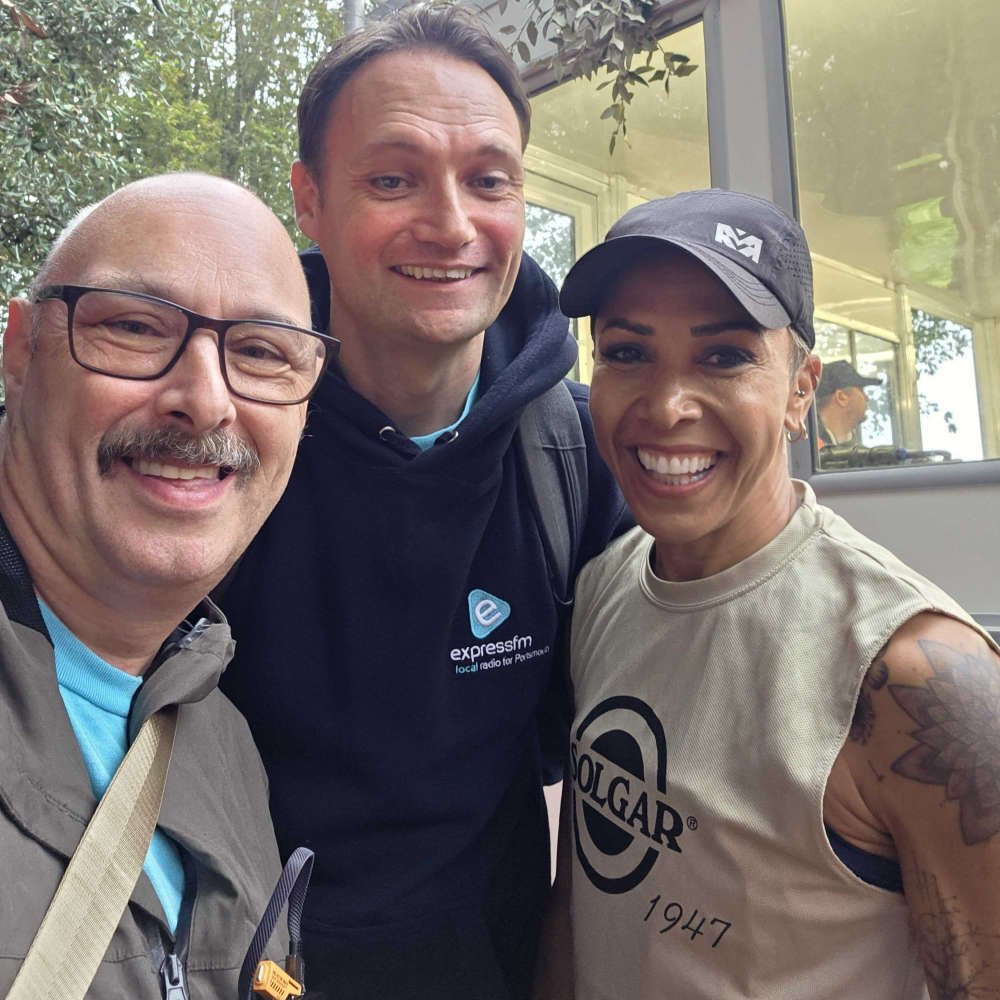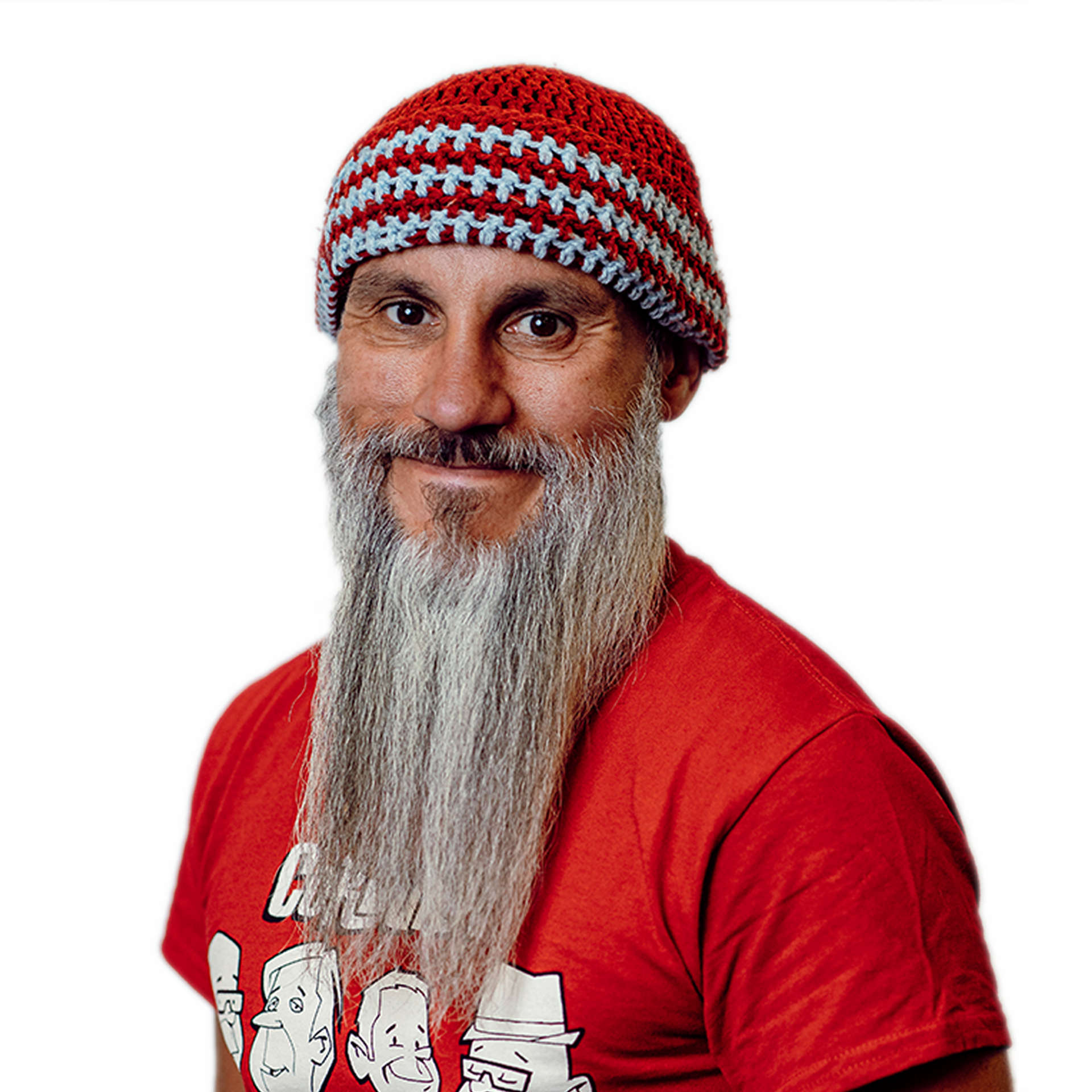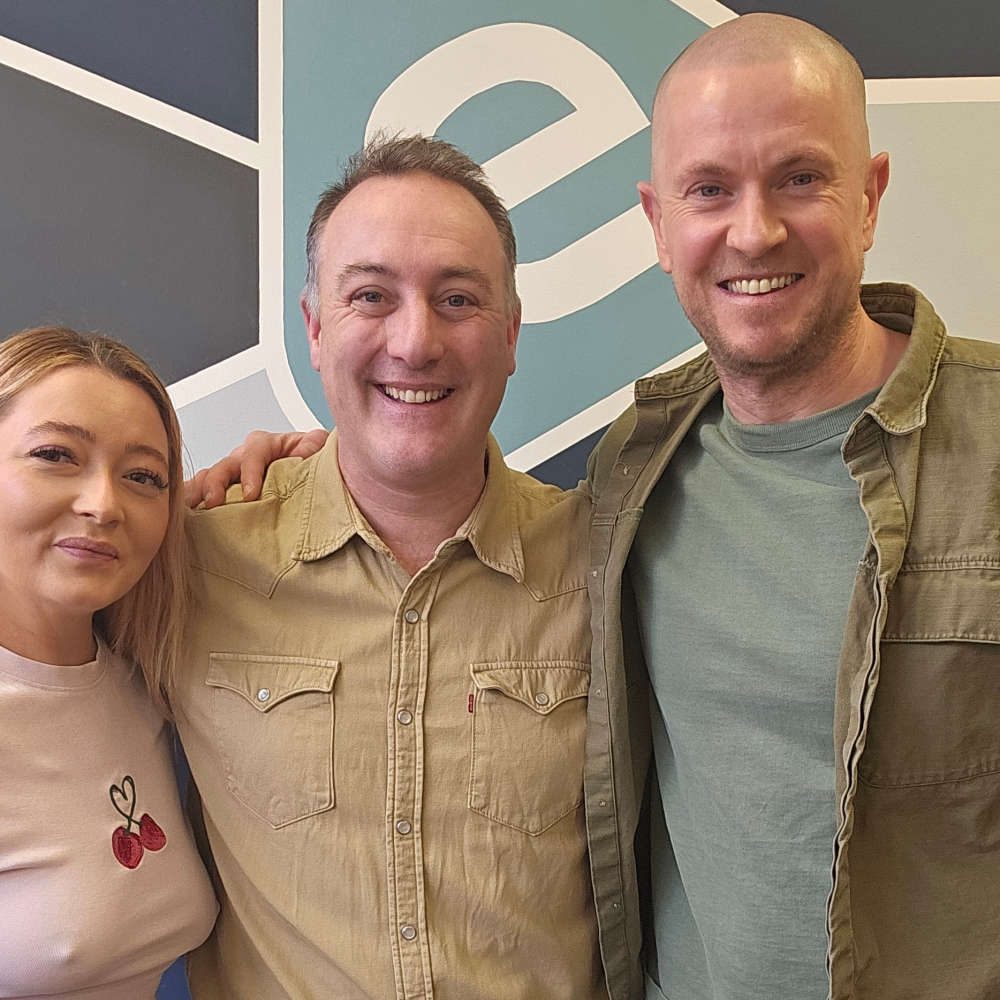
Researchers in Portsmouth are starting a new COVID-19 vaccine trial looking at different vaccination schedules for young people.
Running at Portsmouth Research Hub, the Com-COV 3 study will test different COVID-19 vaccines used as a second dose in young people aged 16-years-old. The study is open to 16-year-olds who have already received one dose of the Pfizer-BioNTech COVID-19 vaccine through the NHS.
All participants will be randomly allocated at the time of the second dose to receive either a full dose or third dose of the Pfizer-BioNTech vaccine, a full dose of the Novavax vaccine or a half dose of the Moderna vaccine.
The study is single-blind and randomised, meaning participants will not know what second dose vaccine they are receiving. Researchers will assess any side effects and immune system responses to these different vaccine combinations. Those interested in taking part in the study can find out more and sign up via the study website: https://comcovstudy.org.uk/participate-portsmouth-comcov3
The study, which will recruit 360 volunteers across the UK, hopes to report initial results by December. If the results are promising, regulators MHRA and JCVI would formally assess the safety and efficacy of any new vaccination process before advising whether it is rolled out to patients.
The study is being led by the University of Oxford and is backed through funding from the Vaccines Taskforce, the National Institute for Health Research (NIHR) and the National Immunisation Schedule Evaluation Consortium.
Dr Alexander Hicks, consultant respiratory physician at Portsmouth Hospitals University NHS Trust and local lead for the trial, said: 'We are really pleased to be able to offer local adolescents the opportunity to take part in this trial, looking at different COVID-19 vaccines used as a second dose.
“Currently healthy 12 to 17 year olds are being offered a single COVID-19 vaccine in the NHS. The results from this trial are expected around Christmas and will directly inform decisions about the roll-out of a second dose of a COVID-19 vaccine in this age group in the spring. Young people aged 16-year-olds can visit the website comcovstudy.org.uk to find out more and to register their interest. The study team will then be in touch to arrange the first visit if they are eligible.
“In Portsmouth we are looking for 30 young people, aged 16 years old, who can attend the research hub at the John Pounds centre for five to six study visits over the next year, primarily after school and at weekends to avoid disruption to schooling.
“We have had brilliant responses and support from the public taking part in many other COVID-19 vaccine trials in the last 18 months and we have no doubt there will be significant interest in this study from our city.”
Professor Matthew Snape, associate professor in paediatrics and vaccinology at the University of Oxford, and chief investigator on the trial, said “This study will provide vital information on the range of options for immunising teenagers against COVID-19 in the UK.
“As well as looking at the standard two full doses of the Pfizer vaccine, we will look at how well volunteers respond when their second dose of Pfizer is a third that of the first dose, or if different vaccines are used altogether, such as the vaccines manufactured by Moderna or Novavax. This will provide the JCVI with information crucial to informing their advice about immunising teenagers in the UK.”
“This is the latest in a series of studies such as Com-COV and COV-BOOST that have looked at ways the different COVID-19 vaccines available in the UK can be used to generate the best and most durable immune response, in as safe a manner as possible.”
Professor Andrew Ustianowski, NIHR clinical lead for COVID-19 vaccination programme and joint national infection specialty lead, said: “It is important to establish the most effective vaccine doses for different population groups, and this latest study will help develop our understanding of immune responses for young people once vaccinated against COVID-19.
"We continue to see valuable contributions from volunteers across COVID-19 vaccine research across the UK to help us identify the best vaccine schedules, and I hope we see similar levels of engagement with the Com-COV 3 study.”











